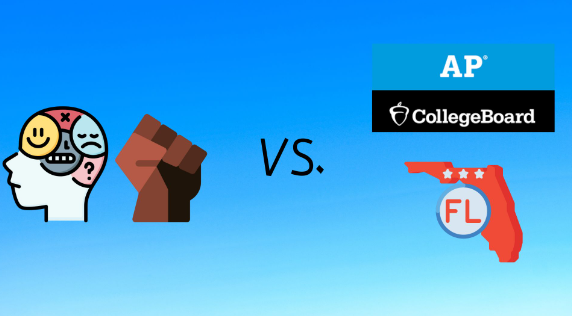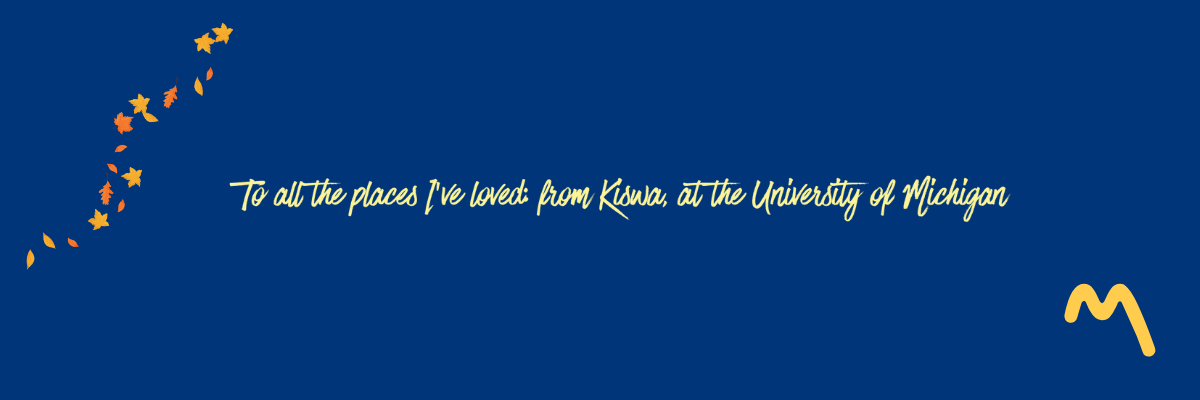Governor Ron Desantis’ decision to ban AP African American Studies and AP Psychology from being taught in Florida schools unlawfully violates students’ right to educational freedom.
Over the past several months, efforts to ban controversially deemed AP courses have relentlessly plagued the state of Florida, with AP African American History experiencing a wholesale ban, and AP Psychology temporarily outlawed before eventually being reinstated.
AP African American History is a developing pilot curriculum offered in select U.S. high schools until Fall 2024 when it will become available to any school that chooses to teach the course. According to the College Board, the course is divided into four units that cover the historical significance and cultural contributions of African Americans throughout American history: Origins of the African Diaspora, Freedom, Enslavement, and Resistance, the Practice of Freedom, and Movements and Debates.
However, Florida Governor Ron Desantis actively voiced his disapproval of certain aspects of the course content, claiming they violate Florida state law by “lacking in educational value.” Taking issue with the course’s inclusion of topics such as the Black Lives Matter movement, Black feminism, and Black Queer studies, on Jan. 23, the governor announced his decision to outlaw the pilot course across his state’s schools. In response to the criticism, the College Board opted to modify the proposed draft of the AP African American Studies curriculum by removing all mentions of critical race theory, Black feminism, Black Queer theory, and the rise of the Black Lives Matter movement.
Despite the College Board’s vehement denial that these changes were made in compliance with political pressure, the evidence overwhelmingly seems to suggest otherwise. It truly says a lot about our nation when one of its most influential educational institutions chooses to alter its curriculum merely to appease political backlash. But perhaps the most frustrating aspect of this dilemma is that those who suffer most are those whose voices are often disregarded entirely–students.
AP Psychology teacher Molly Skelton starkly disagrees with the political dispute that has led to changes in the College Board’s curriculum, claiming it unfairly discriminates against dedicated students who work diligently to succeed in AP classes.
“Who is getting overlooked in all of this–and this is what bothers me as a teacher–are you [students],” Skelton said. “All of the students who study as hard as they can to take those [AP exams] and earn college credit so they don’t have to spend thousands of dollars in universities. And both the College Board and Desantis, in playing those cards, really weren’t respecting students at all.”
In most of the previous social studies classes I’ve taken, the narrative of African-American history has been greatly diminished or distorted to some extent. On the contrary, AP African American Studies is a course designed to shatter those stereotypes by portraying the often misrepresented narrative of African-American history through the eyes of African-American figures themselves. Considering this perspective isn’t addressed nearly enough, uplifting the voices of these historically silenced individuals ought to be a celebrated change in the way history is taught.
Unfortunately, the extent of Florida’s censorship of academic curriculum doesn’t stop there. Another class that was temporarily banned by the state was AP Psychology, a course deemed controversial by conservative opponents for its discussion of sexual orientation and gender identity. At its core, the course explores the scientific study of human behavior and mental processes by investigating concepts such as the biological bases of behavior, sensation and perception, and learning and cognition.
Unlike the College Board’s response to criticism of its AP African American Studies course, the organization vowed not to alter its AP Psychology curriculum to any extent, standing firm in the face of continued backlash. At last, this decision constituted an optimistic step in the right direction. At some point, a boundary must be drawn to prevent unethical compromises that erase core educational values.
AP Psychology teacher Mary Richards commented on the importance of educating high school students on psychology in today’s modern 21st-century era.
“AP Psychology is relevant to high school students today because it teaches about how people think, act, and feel,” Richards said. “This generation is more likely to talk about mental illness and prioritizing mental health than previous generations and AP Psychology is a class where you can learn more about these topics to better understand yourself and others.”
The consequences of the divisive world of politics creeping into the realm of education have unfairly robbed students of knowledge based on the decision of a politician seeking to implement an agenda. Academic censorship affects more than just the College Board and conservative politicians’ dueling interests; it hinders students’ ability to pursue the classes that best serve their interests. Banning AP courses is essentially a giant slap in the face to the over one million students who invest countless hours of study and preparation into taking AP exams each year.
Honestly, I wish I could say that legislative changes could magically help combat this issue, but the truth is that political divide will persist regardless of the laws that are passed. In the meantime, a rising generation of future leaders is at stake–and quite frankly, they deserve better.
















Samina Hussain • Sep 18, 2023 at 1:08 pm
Great Article!